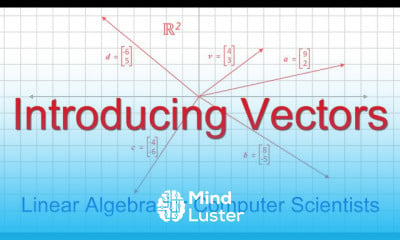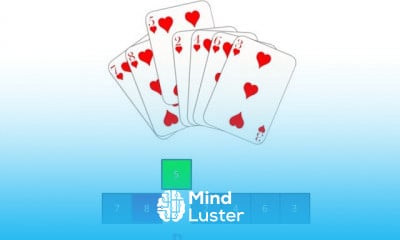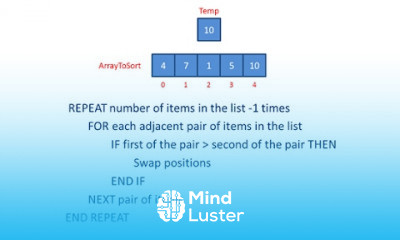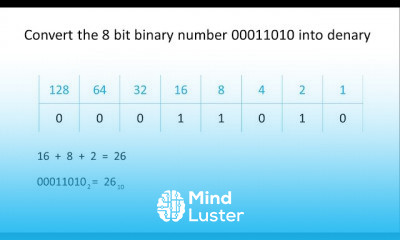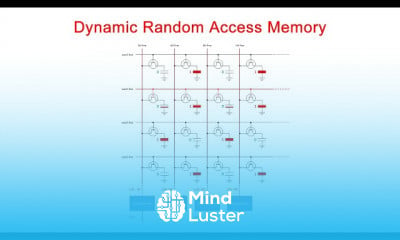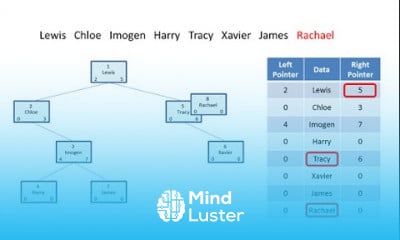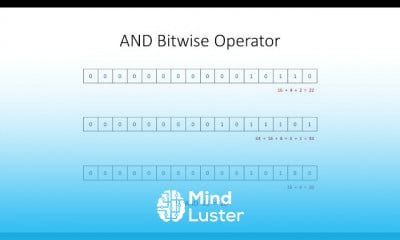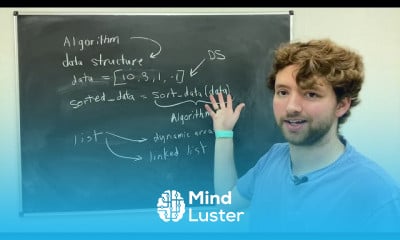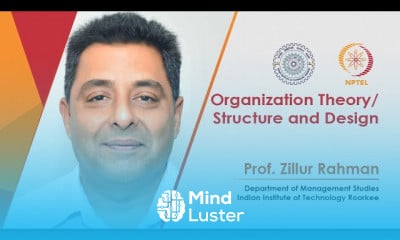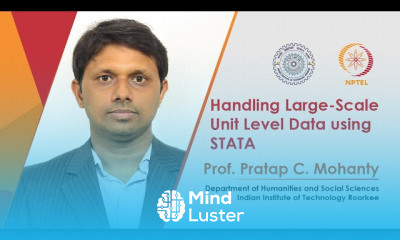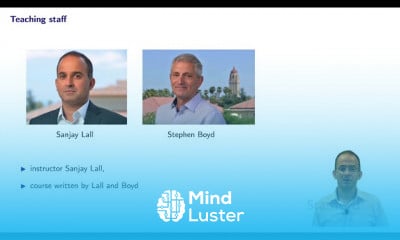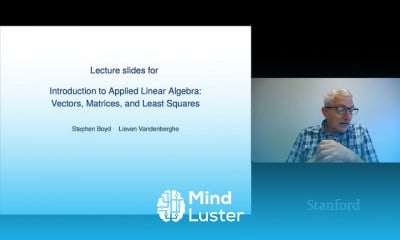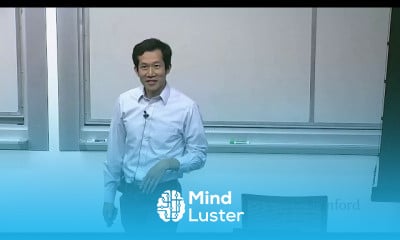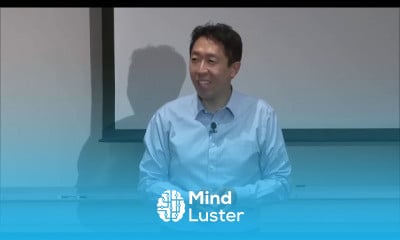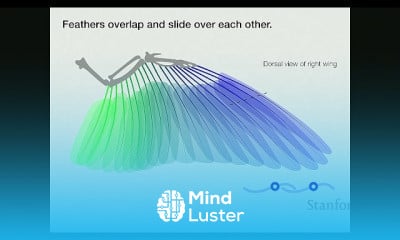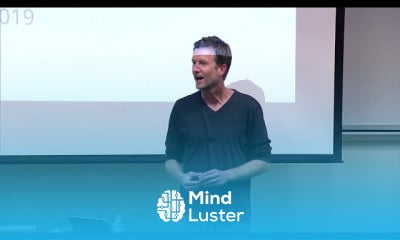Has The Age Of Quantum Computing Finally Arrived
Share your inquiries now with community members
Click Here
Sign up Now
Lessons List | 9
Lesson
Comments
Related Courses in Computer Science
Course Description
What is quantum computing and how does it work?
Quantum computers perform calculations based on the probability of an object's state before it is measured - instead of just 1s or 0s - which means they have the potential to process exponentially more data compared to classical computers. ... A single state - such as on or off, up or down, 1 or 0 - is called a bit.What would a quantum computer do?
A quantum computer encodes information into quantum states and computes by performing quantum operations on it. There are several tasks for which a quantum computer will be useful. ... Or we could model chemical reactions—because interactions among atoms in a chemical reaction is a quantum process.Is Quantum Computing real?
It Will Simulate the Subatomic World. Inside IBM's commercial “IBM Q” quantum system.Is quantum computing difficult?
Quantum computers are exceedingly difficult to engineer, build and program. As a result, they are crippled by errors in the form of noise, faults and loss of quantum coherence, which is crucial to their operation and yet falls apart before any nontrivial program has a chance to run to completion.Does Microsoft have a quantum computer?
Microsoft hoped to harness Majorana particles to build a quantum computer, which promises unprecedented power by tapping quirky physics. ... Three years later, Microsoft's 2018 physics fillip has fizzled. Late last month, Kouwenhoven and his 21 coauthors released a new paper including more data from their experiments.
Trends
C Programming Language
Communication Skills
MS Excel
program in c language
Learning English Speaking
Python programming language
Python for data science and AI
Web development with Java spring
English greetings and responses
Digital Marketing Beginners
UX design foundations for beginners
Java Programming Language
Logo Design
Web Design for Beginners
AI fundamentals for beginners
Excel skills for busines intermediate
Creating bitmap images from scratch
Organization and Architecture COA
Building arduino robots and devices
Video editing with adobe premiere
Recent
Yoga workout for upper back
Yoga for toned legs and glutes
Yoga deep hip stretch for beginners
Morning Yoga flow for energy
Hands Yoga flow for strength
Yoga workout for toned legs
Yoga for sleep and relaxation
Yoga for lower back pain at home
Detox Yoga for digestion
Chair Yoga for tension relief at home
Yoga for shoulder mobility
Yoga workout for strength
Yoga for Inner thigh flexibility at home
Yoga for restless legs relief
ASMR Yoga for sleep
Yoga wheel stretches
Yoga workout for arm strength
Office Yoga for beginners
Desk Yoga for back
Yoga full body Yoga workout



